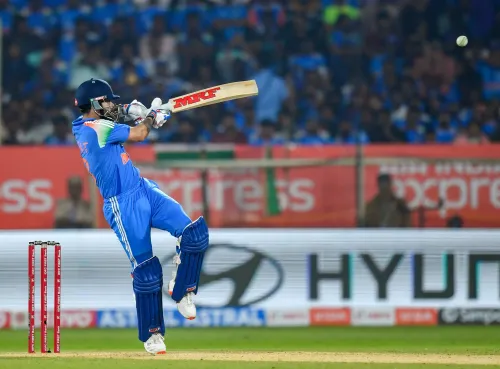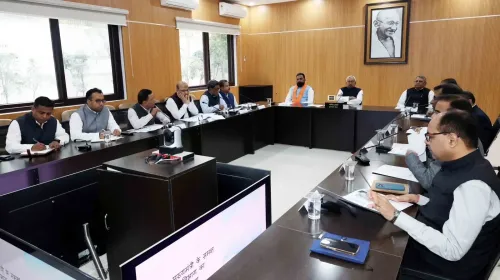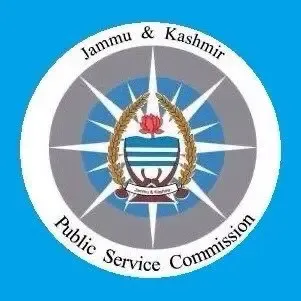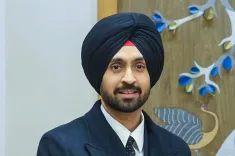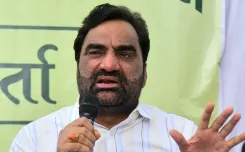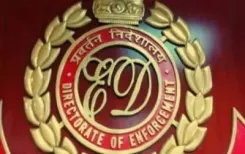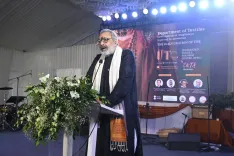How Did Indore Become India's Cleanest City Again?
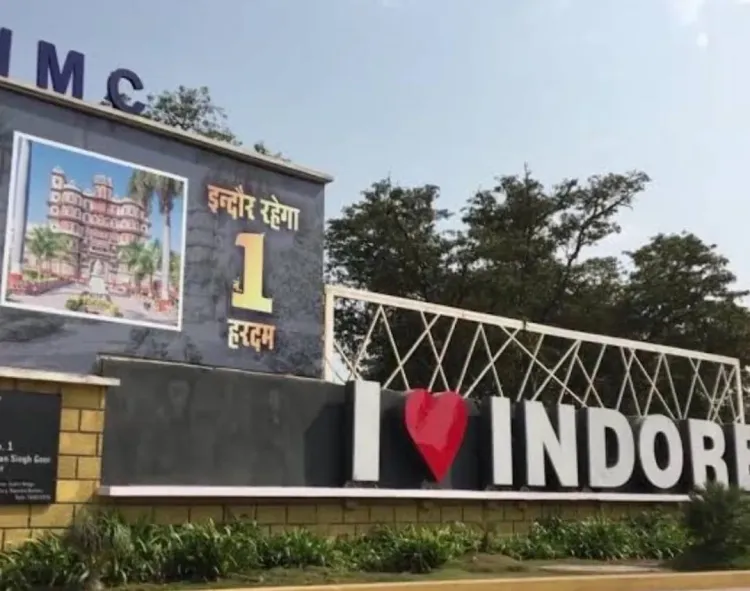
Synopsis
Key Takeaways
- Indore is recognized as India's cleanest city for the eighth consecutive year.
- The Swachh Survekshan 2024–25 surveyed over 4,500 cities.
- Indore led the newly formed Super Swachh League.
- The theme for this year was 'Reduce, Reuse, Recycle'.
- Public participation played a crucial role in Indore's success.
New Delhi, July 17 (NationPress) Indore has once again established itself as India's cleanest city, clinching the top position in the Swachh Survekshan 2024–25 for the eighth consecutive year. The results of the Central government's annual cleanliness survey were revealed in New Delhi, where President Droupadi Murmu presented the awards during a ceremony organized by the Ministry of Housing and Urban Affairs at Vigyan Bhawan.
Surat and Navi Mumbai followed Indore, securing the second and third positions, respectively, reaffirming their strong performance in urban sanitation.
In the category of cities with a population between 3–10 lakh, Noida emerged as the cleanest city, with Chandigarh in second and Mysuru in third.
This year's survey, marking the ninth edition of Swachh Survekshan, evaluated over 4,500 cities using a comprehensive framework consisting of 10 parameters and 54 indicators, focusing on sanitation, waste management, and service delivery.
The overarching theme was 'Reduce, Reuse, Recycle', highlighting the government's commitment to sustainable urban development.
Indore's sustained excellence earned it a spot in the newly launched Super Swachh League, a category designated to honor cities that have consistently ranked among the top three over the past three years while remaining in the top 20 percent of their population group.
Indore not only led this elite league but also achieved the highest score among the 23 cities included.
Municipal Commissioner Shivam Verma represented the city at the awards ceremony, emphasizing the administration's dedication to civic excellence. Indore's journey as a cleanliness leader began in 2017 and has evolved into a national model for community-driven sanitation.
Prime Minister Narendra Modi has previously praised the city's proactive measures, stating that Indore often pioneers reforms ahead of others. The city's success is attributed to its strong public involvement, innovative waste management strategies, and collaborative efforts between municipal agencies and residents.
The Super Swachh League also acknowledged Ujjain and Budhni in their respective population categories. For the first time, cities were categorized into five groups based on population size: very small, small, medium, big, and million-plus, ensuring fair evaluation. This new structure allowed cities like Panchgani, Saswad, Tirupati, Noida, and Navi Mumbai to compete with their peers, promoting equitable recognition.
With over 14 crore citizens involved through surveys, mobile apps, and social media platforms, Swachh Survekshan 2024–25 has solidified its status as the world's largest urban cleanliness evaluation.
Indore's eighth victory not only underscores its operational excellence but also signifies a cultural shift where cleanliness is embraced as a way of life.
The Swachh Survekshan survey is pivotal to the Union government's Swachh Bharat Mission, launched as one of the flagship initiatives by the Modi administration during its first term. This year, prestigious awards were given in four categories: Super Swachh League Cities, Top three clean cities in five population categories, Special Category: Ganga Towns, Cantonment Boards, SafaiMitra Suraksha, and Mahakumbh State-Level Awards: Promising clean city of the State and Union Territories.
A total of 78 awards were distributed.
According to the Ministry of Housing and Urban Affairs, the awards highlighted the theme of reduce, reuse, and recycle.
"Over 3,000 assessors conducted meticulous inspections in every ward across the nation over a span of 45 days," the ministry stated.
"With a steadfast commitment to inclusivity and transparency, the initiative covered the assessment of over 11 lakh households, representing a comprehensive and extensive approach to understanding urban living and sanitation on a national scale," it added.



